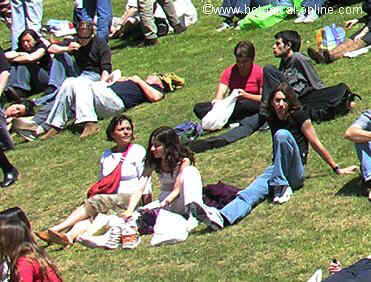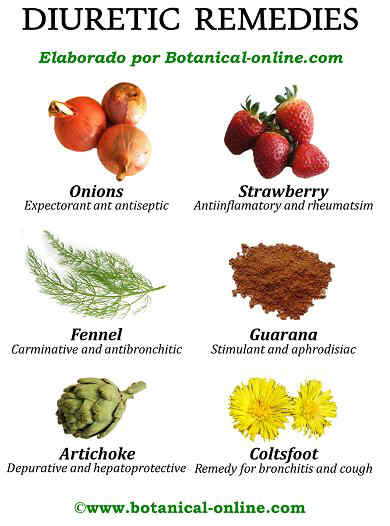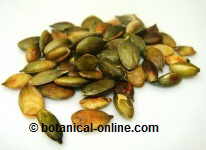Contents
- 1 Supplements of vitamins and minerals for osteoporosis
- 1.1 Supplements can remedy osteoporosis
- 1.2 MINERALS FOR OSTEOPOROSIS
- 1.3 Calcium supplements for osteoporosis
- 1.4 Boron supplements for osteoporosis
- 1.5 Magnesium supplements for osteoporosis
- 1.6 Manganese supplements for osteoporosis
- 1.7 VITAMINS FOR OSTEOPOROSIS
- 1.8 Vitamin D supplements for osteoporosis
- 1.9 Vitamin C supplements for osteoporosis
- 1.10 Exersise for osteoporosis
- 1.11 Monitoring the effects of menopause in women and andropause or male menopause in men
Supplements of vitamins and minerals for osteoporosis
Supplements can remedy osteoporosis
Supplements may help to prevent or treat osteoporosis whenever your diet does not provide the necessary vitamins and minerals.
It is advisable to consult with your doctor if you take any medication for the convenience of using any supplements, especially when taking medication.
The main supplements for osteoporosis are:
MINERALS FOR OSTEOPOROSIS
Calcium supplements for osteoporosis
Taken in capsule form, calcium supplements are useful for bone calcification.
The usual dose is set at 1200 mg daily divided into main meals.
There should not be an abusive ingestion of this supplement because, taken in large amounts, it may prevent the absorbtion of other minerals needed by the body.
Boron supplements for osteoporosis
This mineral is involved in estrogen production that helps set the calcium.
The dose is 3 mg daily.
Magnesium supplements for osteoporosis
Magnesiun is needed for Vitamin D to work.
The dose is around 500 mg per day divided into two main meals.
Manganese supplements for osteoporosis
Manganese is necessary to absorb other minerals.
The dose is about 20 mg daily, divided into two doses.
Another supplement that might be interesting to improve the absorption of different minerals is zinc (30 mg daily)
VITAMINS FOR OSTEOPOROSIS

If you happen not to sunbathe from time to time, vitamin D supplements can help you
Vitamin D supplements for osteoporosis
Vitamin D supplements allow absorption of calcium. Studies with older people taking calcium and vitamin D have shown an improvement in the strength of their bones and a rate of almost 50% less likely to suffer broken hips, a very common type of injury in older people with osteoporosis.
It is important to take these supplements when you live in dark places or when you work on sites that are sunny most of the day and you can not be exposed to the sun at least about fifteen minutes a day.
Sunlight is necessary for the production of this vitamin. Also very appropriate for those who use sunscreens to protect their skin against skin cancer.
The usual dose for this purpose of vitamin D is set at 500 mg daily, divided into two daily doses.
Vitamin C supplements for osteoporosis
Vitamin C prevents oxidation of the cells in the bones and helps make the muscles and tendons stronger.
This vitamin helps produce more estrogen in menopause, aiding to slow the bone softening that occurs during this time.
The usual dosages are around 2000 mg daily, divided into two doses.
Exersise for osteoporosis

Exercise helps prevent osteoporosis
Exercise is necessary to keep bones, muscles and tendons in good condition. We should get used to be engaged in physical activity from young, so that when we are older, physical activities can be considered as something usual and necesasary.
The best exercises are those that can build muscle and strengthen bones that support the body, That’s to say bones of the legs, hips and spine. Common exercises such as walking, running, jumping, climbing stairs, etc are included in this group
These exercises will be primarily and, to a lesser degree, they must be combined with others that will strengthen the muscles of the arms and neck, such as machine exercises.
To increase the resistance we will not forget those activities that increase the respiratory and cardiovascular capacity, such as cycling or swimming. This type of exercise does not have as great an impact on bone health as those intended to strengthen the legs, neck, spine or hips.
Monitoring the effects of menopause in women and andropause or male menopause in men
It is recommended:
- Women to perform the bone density test (densitometry) when they reach menopause, although they may not show signs of softening.
- Men should check the status of their bones from 65 on.
Either by means of some medication, hormone therapy or through a natural treatment osteoporosis must be taken into account very seriously as soon as posible.
![]() More information on osteoporosis.
More information on osteoporosis.








